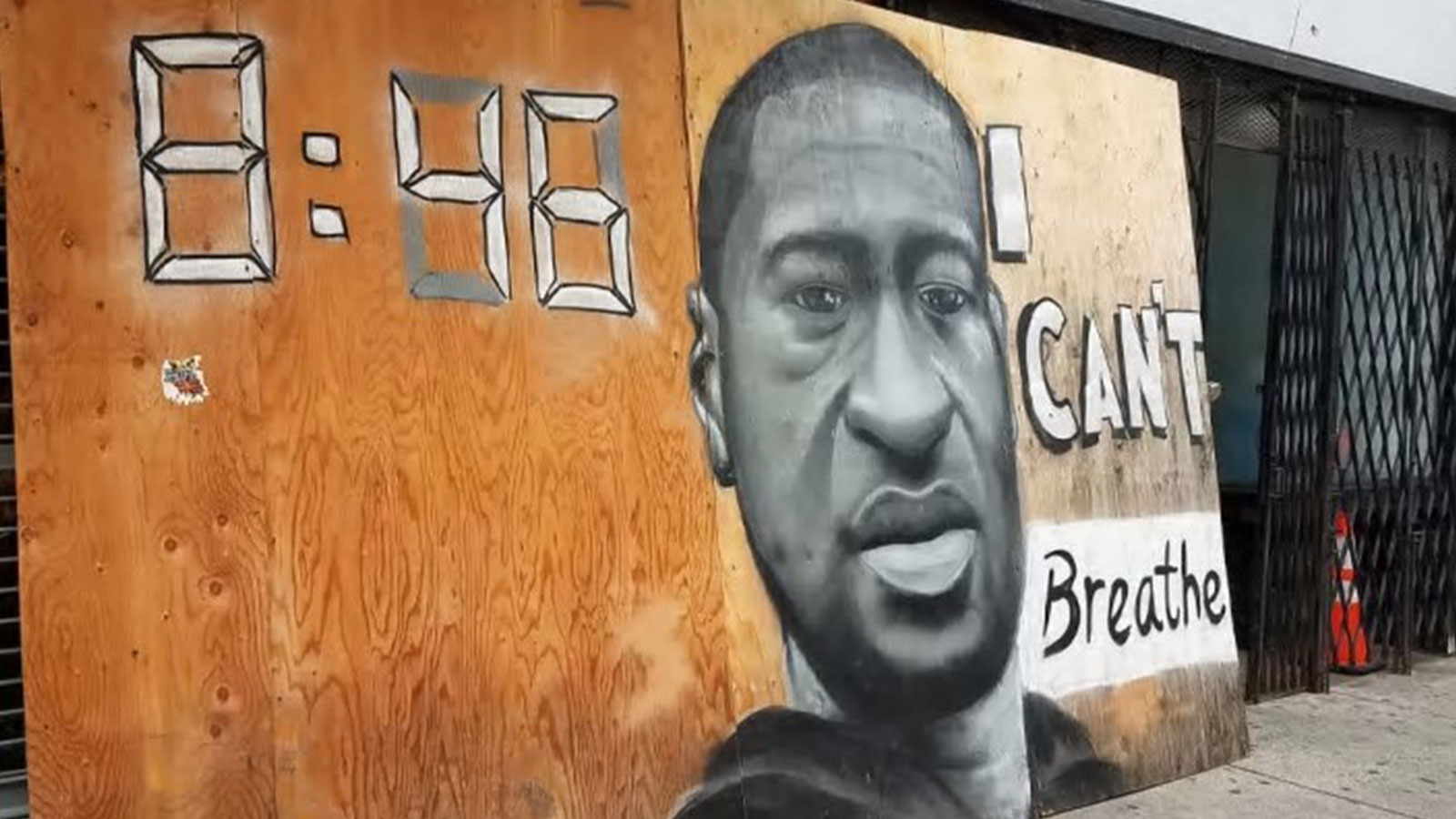A team of scientists has identified sharp increases in distress among the US population in the wake of George Floyd’s death. These increases in depression, anxiety, anger, and sadness were disproportionately pronounced among the Black community. The findings were published in Proceedings of the National Academy of Sciences.
A team of scientists has identified sharp increases in distress among the US population in the wake of George Floyd’s death. These increases in depression, anxiety, anger, and sadness were disproportionately pronounced among the Black community. The findings were published in Proceedings of the National Academy of Sciences.
George Floyd, an unarmed Black man, was killed by a Minneapolis police officer on May 25, 2020. Footage of Floyd’s death was widely shared on news platforms and social media, garnering nationwide attention and spurring protests across the US in support of the Black Lives Matter movement. Researcher Johannes C. Eichstaedt and his team conducted a study to explore the psychological impact of Floyd’s death on the US population.
The study authors analyzed data from two US population surveys, comparing US mental health before and after the murder of George Floyd. Specifically, the researchers compared Gallup survey responses from the week following Floyd’s death, June 1 to June 7, to responses from the four weeks prior to his death, April 27 to May 24. They also compared US Census responses from the days after Floyd’s death, May 28 to June 2, to the five weeks leading up to his death, April 23 to May 26.
According to the Gallup survey, in the week following Floyd’s death, anger increased by 1.56 times, and sadness increased by 1.32 times among the US population. This translated to the highest levels of anger and sadness ever recorded by Gallup phone survey data. These increases in anger and sadness were significantly larger among the Black community, with nearly half of Black Americans reporting anger (48%) and sadness (47%) at this time.
Next, the Census data revealed significant increases in anxiety and sadness after Floyd’s death. Again, these findings were significant among both Black and White Americans but were stronger among the Black community. For example, the percentage of Black Americans who met the criteria for depression jumped by 3.2% after Floyd’s death — this was 2.05% higher than the increase for White Americans. The authors point out that these numbers translate to more than 900,000 Black Americans newly meeting criteria for depression following Floyd’s death.
These results support previous evidence that witnessing police brutality and other experiences of racism can lead to trauma among the Black community. Eichstaedt and his colleagues note that the consequences of trauma extend far beyond mental distress. For example, depression is associated with numerous mental and physical outcomes that can impact work and family life and increase mortality.
The findings underscore the systemic racism in the US and the fact that Black citizens are disproportionately at risk for poor mental health and the associated negative outcomes. “Among Black Americans, mental health episodes are often more acute, longer-lasting, and more debilitating than for any other race or ethnic group,” the authors note. “In order to have a more equitable society in which Black Lives Matter, we must acknowledge that the mental lives of Black Americans matter as well.”
The study, “The emotional and mental health impact of the murder of George Floyd on the US population”, was authored by Johannes C. Eichstaedt, Garrick T. Sherman, Salvatore Giorgi, Steven O. Roberts, Megan E. Reynolds, Lyle H. Ungar, and Sharath Chandra Guntuku.
Source: PsyPost















